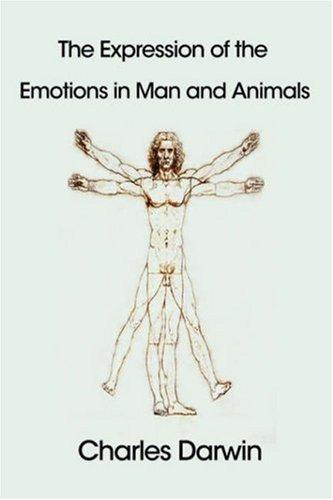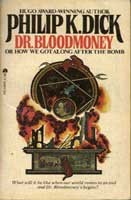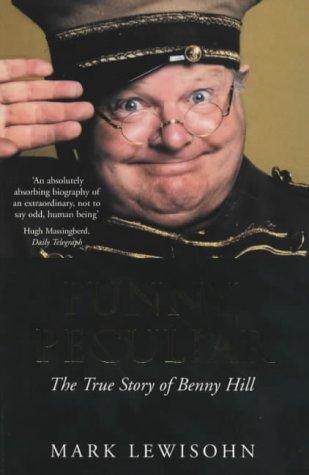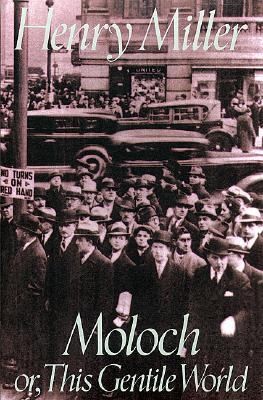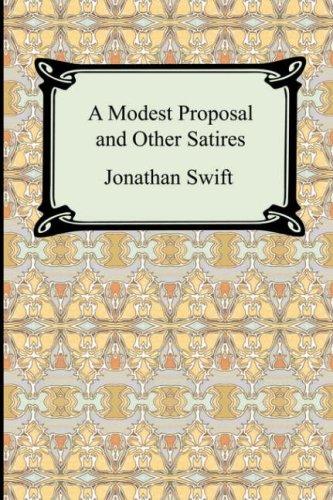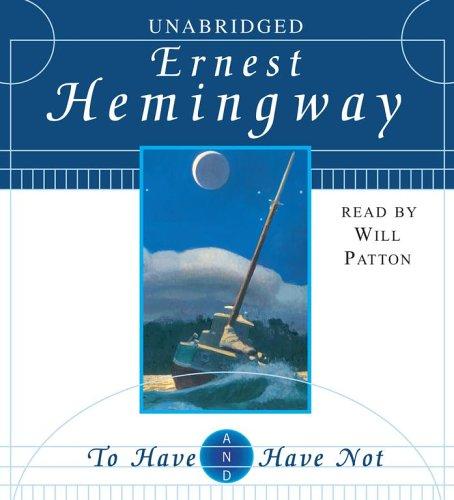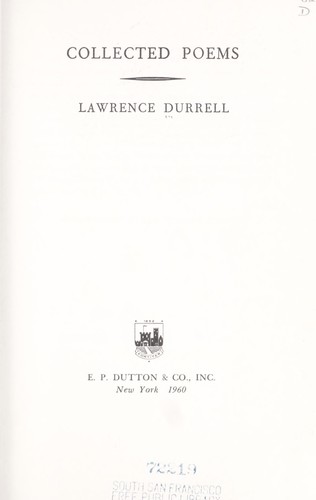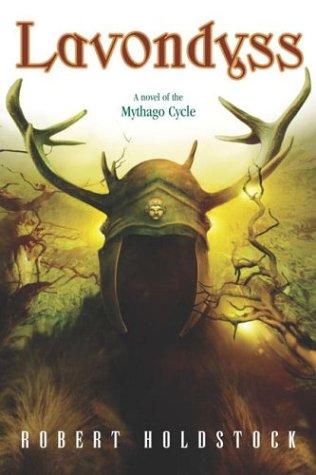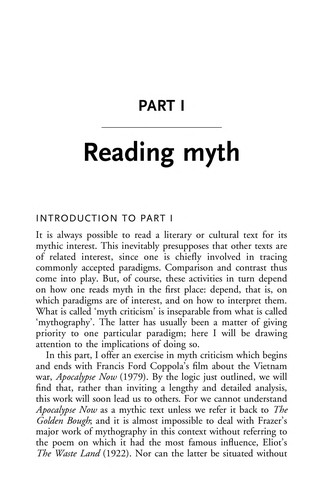The expression of the Emotions of Charles Darwin.
2 stars
This thesis by Charles Darwin is a curio for me. It begins quite casually observing emotions relating to humans and animals, especially dogs, cats, horses, and monkeys. It then focusses on humankind as the premise for the rest of the observation. Darwin references heavily on other works and adds smatterings of his own family experiences, as well as accounts from friends in distant places. At one point it seems Charles is quite fascinated with the brow (corrugator) to a point where his bemusement is ticklish and later on with his chapter on blushing seems particularly keen on reporting incidents of women baring their bosoms. "This case is interesting, as the blush did not thus extend downwards until it became intense by her attention being drawn to this part of her person."
It's written more from a kind of early David Attenborough style, blending the personal with the scientific but not …
This thesis by Charles Darwin is a curio for me. It begins quite casually observing emotions relating to humans and animals, especially dogs, cats, horses, and monkeys. It then focusses on humankind as the premise for the rest of the observation. Darwin references heavily on other works and adds smatterings of his own family experiences, as well as accounts from friends in distant places. At one point it seems Charles is quite fascinated with the brow (corrugator) to a point where his bemusement is ticklish and later on with his chapter on blushing seems particularly keen on reporting incidents of women baring their bosoms. "This case is interesting, as the blush did not thus extend downwards until it became intense by her attention being drawn to this part of her person."
It's written more from a kind of early David Attenborough style, blending the personal with the scientific but not backed up with much experiential scientific theory. It is extensive in its approach and he covers a great deal of emotions, the detail of describing these is certainly comprehensive, and well worth the read from a purely cursory anthropological point of view.
Darwin is no psychologist but he does attempt to reason such actions and expressions to the best of his knowledge and ability at the time. There are a few amusing anecdotes, one I particularly enjoyed was the image of Darwin retching while attempting to clean skeletons which were not sufficiently macerated.
Another wonderful anecdote relates to one of his children which he fed a ripe cherry ... “When a piece of ripe cherry was put into his mouth. This was shown by the lips and whole mouth assuming a shape which allowed the contents to run or fall quickly out; the tongue being likewise protruded. These movements were accompanied by a little shudder. It was all the more comical ..." I have done this to all my sons when they were infants, but with a slice of lemon and the effect is extremely comical.
The book is of its time, so if you are sensitive to archaic lexicon used to describe peoples, you may have to put that sensitivity aside. "In Tierra de Fuego a native touched with his finger some cold preserved meat which I was eating at our bivouac, and plainly showed utter disgust at its softness; whilst I felt utter disgust at my food being touched by a naked savage, though his hands did not appear dirty."
As mentioned in the beginning of my review, this book remains for me a curio of science rather than a compendium of sound knowledge.

